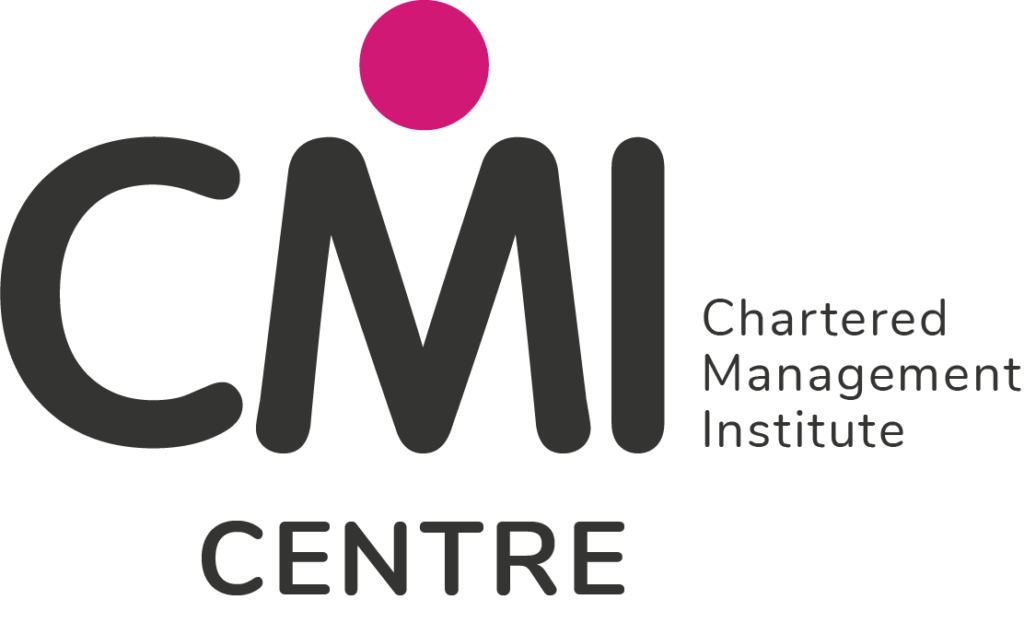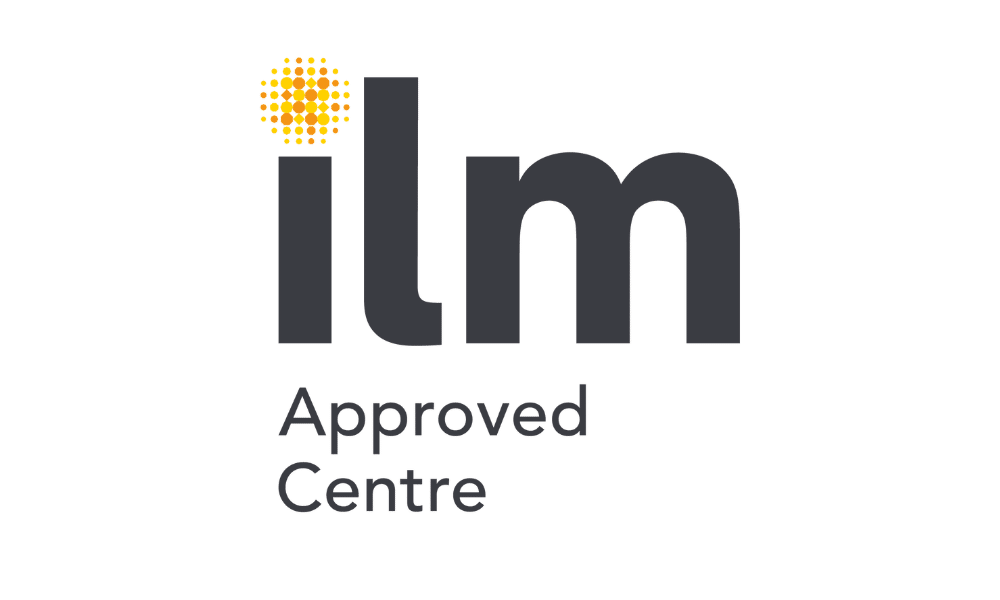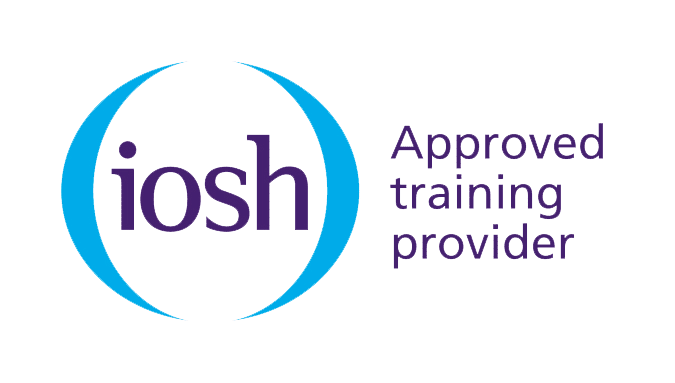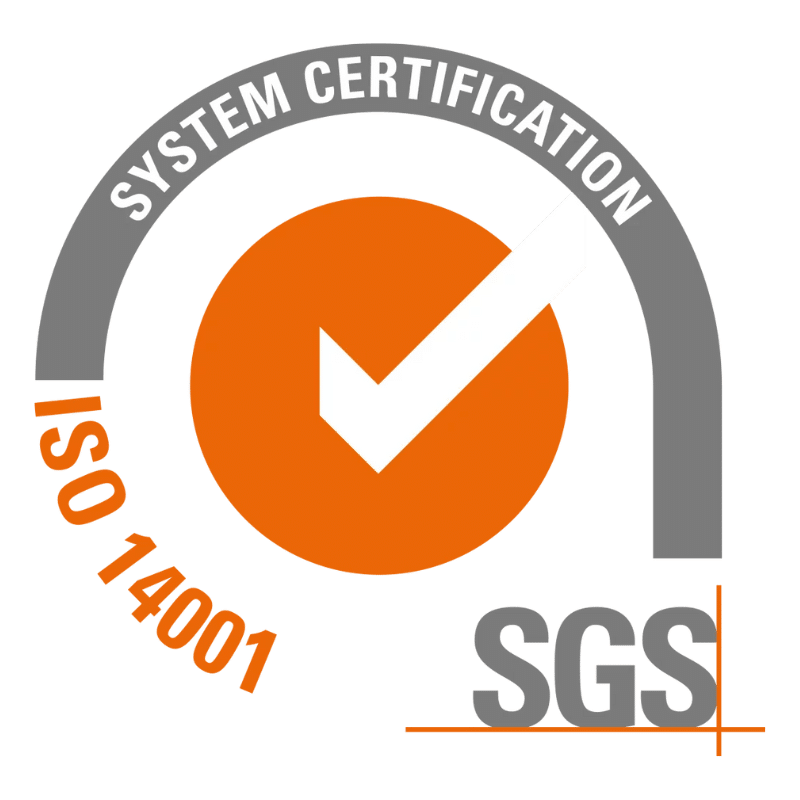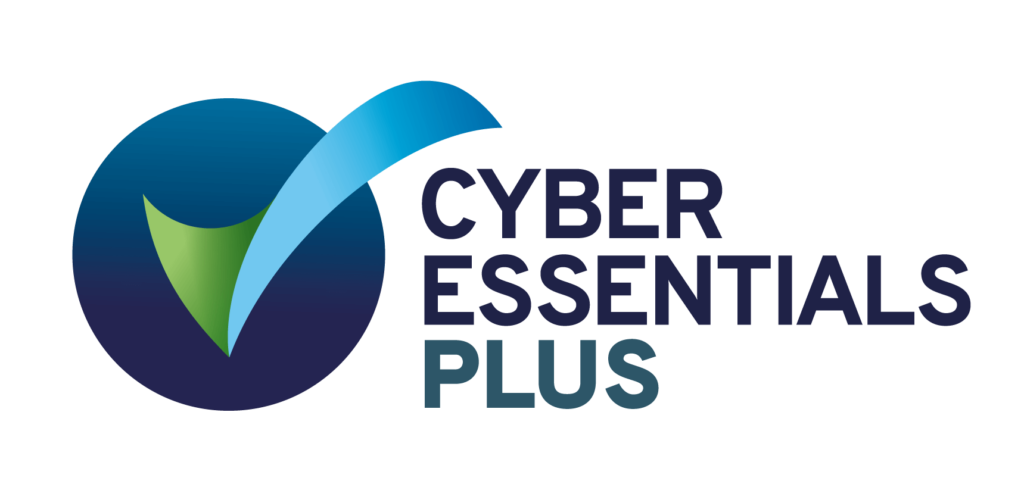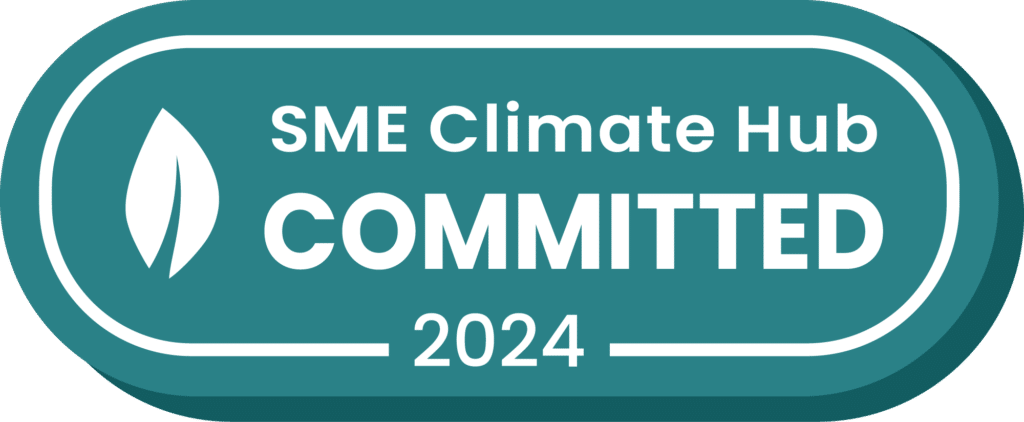With life beginning to return to a kind of normality in the UK, planning for the future is ramping up. A key part of this is looking at the lessons that can be taken away from what has been a turbulent trading period for almost all sectors, regardless of organisation size.
Many organisations have seen outstanding leadership through unprecedented challenges, and managers worldwide have shown exemplary resilience. However, there have also been times when leadership, particularly that of countries or political bodies, has fallen short.

The Chief Executive of the Chartered Management Institute, Ann Francke OBE, has listed five ‘truths’ about leadership that, if taken on board and accepted, will allow organisations to build back better. When it comes to planning management and leadership development for the coming year, we think these are vitally important lessons to take on board:
Digital Technologies

1. The existing growth of digital technologies, and their increasingly universal adoption, has been accelerated by the pandemic. Francke cites a report that the world has seen “seven years of digital progress in one”. Given it boosted pre-existing trends, we can be confident that this transformation will be sticking around, so leaders must factor it into their thinking.
Leading by example when it comes to understanding and embracing digital technologies is a good place to start, but leaders must also explore all the ways that digital technologies and systems can support or even upgrade their day-to-day management tasks.
Human Qualities

2. The uncertainty and disruption of the past year has had an impact on people’s mental, physical and financial health. So, the human qualities of management and leadership are increasingly important, as is a leader’s ability to empathise and communicate with their teams and identify any health or wellbeing problems that they are facing.
Focusing on these qualities and relevant skills means that staff and teams feel valued as people, not just as workers or assets. Where individual employees feel valued, research shows time and again that they are more engaged. Where they are more engaged, they are more productive, more motivated and happier.
Resilience

3. On a positive note, the pandemic has highlighted plenty of resilience: personally, professionally and organisationally. Processes, changes and adaptations have been undertaken rapidly and efficiently. Teams have achieved things that they hardly thought possible, in conditions they never anticipated would arise. This lesson that we can bounce back from the toughest of setbacks is a vital one.
Importantly, developing personal levels of resilience in leaders is not equipping them to cope with extraordinary workloads, pick up responsibilities that should fall elsewhere, or survive without the resources or skills they need. Instead, it is about understanding that things won’t always go to plan.
E.D.I.

4. It’s clear that the negative effects of the pandemic have not been felt equally by all. In particular, Francke cites a UN/WEF report that it has set back gender equality significantly. If it wasn’t before, equality, diversity and inclusivity must be at the front and centre of planning. Making sure that the hybrid, technology-enabled organisations of the near future are fair, equal and inclusive places to work is vitally important, and leaders are responsible for ensuring they develop that way.
Learning Lessons

5. Finally, Francke states that managers and leaders must be prepared to learn lessons, just like these five, faster and more frequently. One only needs to look at the pandemic responses in Asia to see the value of learning lessons (and not just ones from your own personal experience).
Continuous Improvement, the practice of seeking to identify areas for improvement in work and processes on a constant basis, is just as valuable in application to successes as well as failures. Something doesn’t have to have gone badly for a useful lesson to be learned.
Eliesha Training is a strategic learning partner with CMI. The institute’s research and approaches to skill enhancement and professional development inform our best practice approach to the design and delivery of learning interventions.
We have over 20 years of experience in management and leadership development and a broad portfolio of products proven to have impact. So, whatever you are planning to support your organisation’s managers and leaders – whether it’s online workshops, management apprenticeships, accredited qualifications or coaching/mentoring skills – we can help.
